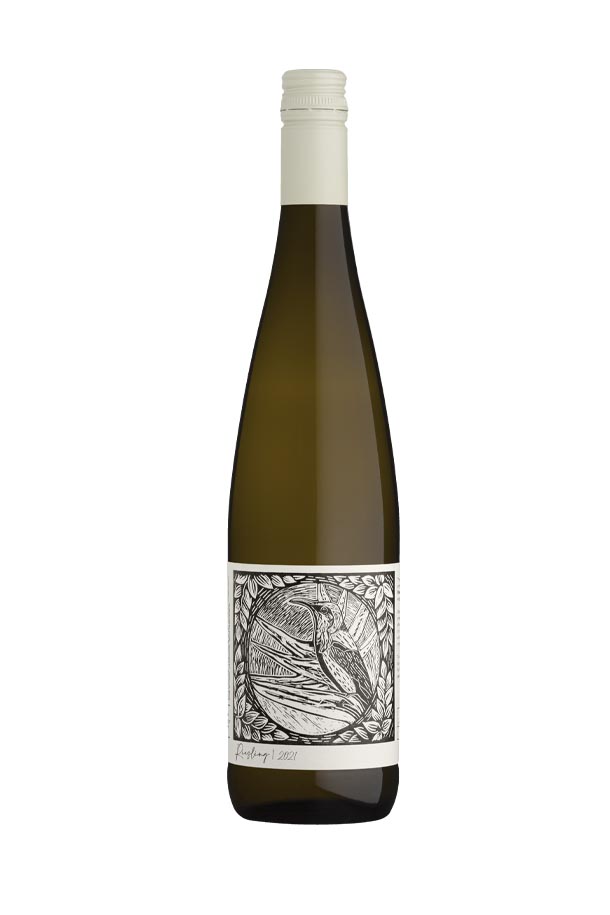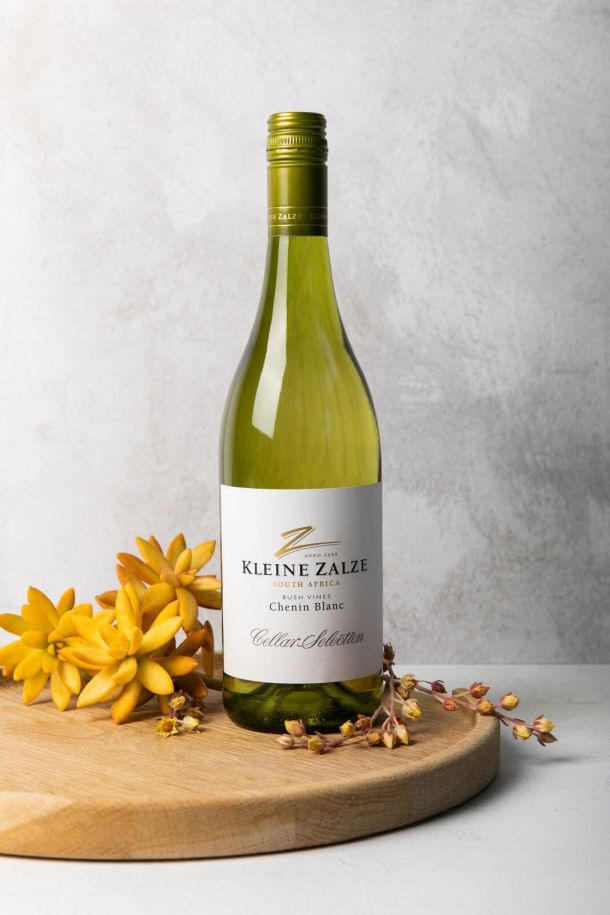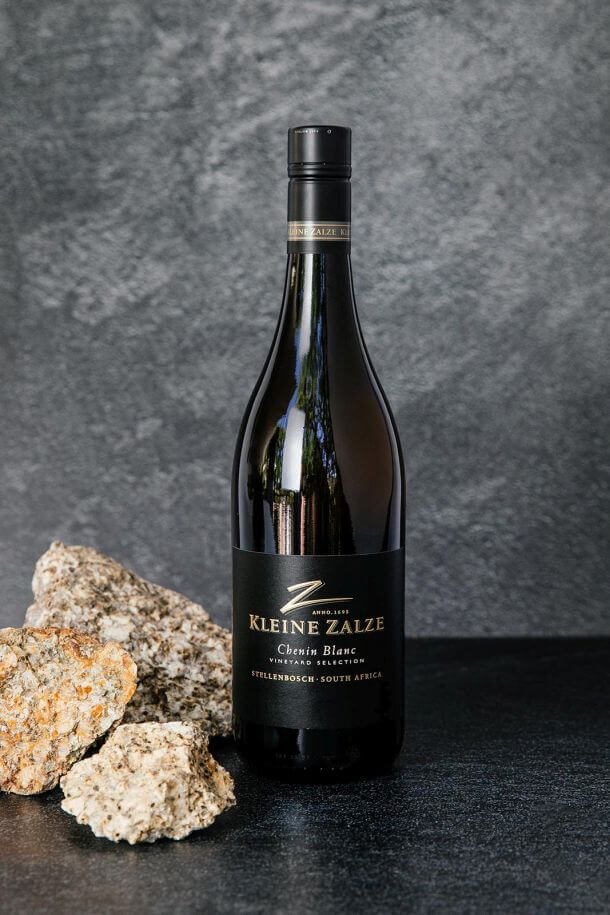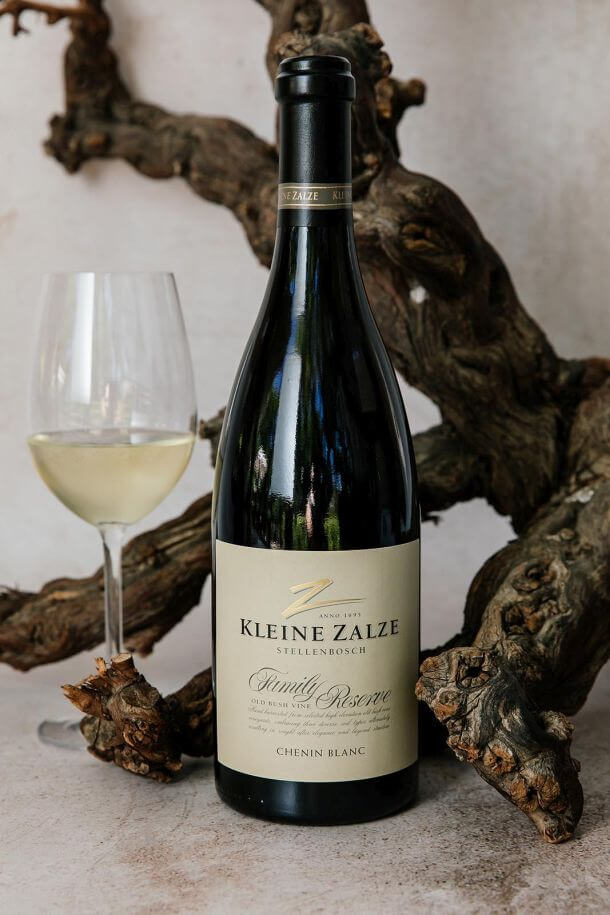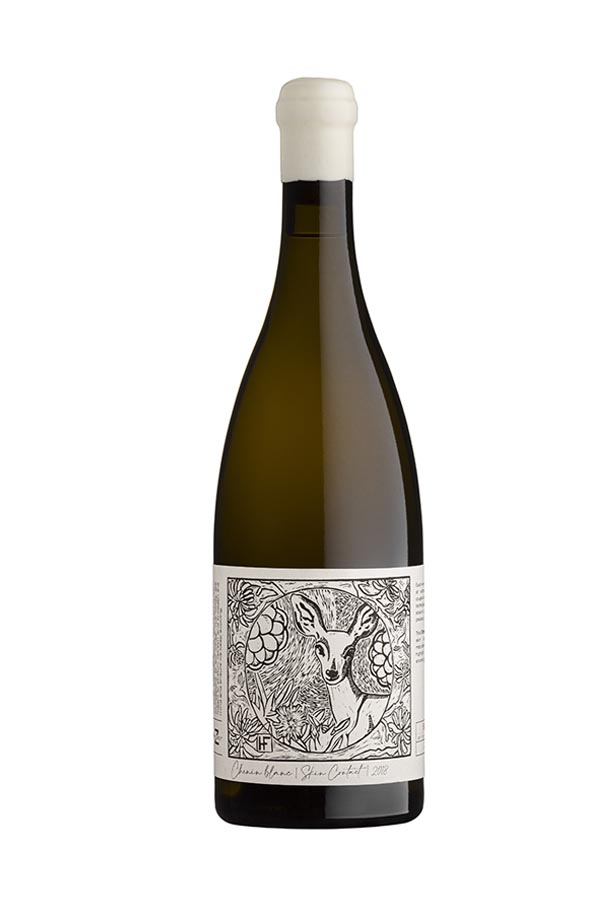Project Z
Riesling 2021
Chiselled and taut, with upfront aromas of lime and green apple, the low pH provides potential for this wine to age exceptionally well. The acidity will mellow over time to reveal a generous palate laden with typical Riesling aromas of honeysuckle, pear, and beeswax.
R840.00 / Case of 3 (R280.00 / Bottle)
R260.00
R840.00 / Case of 3 (R280.00 / Bottle)
R260.00
Winemaker's Notes
Chiselled and taut, with upfront aromas of lime and green apple, the low pH provides potential for this wine to age exceptionally well. The acidity will mellow over time to reveal a generous palate laden with typical Riesling aromas of honeysuckle, pear, and beeswax.
Ipsum dolor sit amet, consectetur adipiscing
The grapes for this wine were sourced from a block in Elgin. Being one of the coldest wine growing regions in South Africa, Elgin is exceptionally well suited to produce high quality Riesling. Situated on a particularly shale-rich hill with excellent drainage, this vineyard is well positioned to produce wine of outstanding quality.
Vinification
The Riesling was harvested early morning and whole bunch pressed to retain purity and freshness in the juice. After settling overnight, it was transferred to Italian terracotta amphorae for alcoholic fermentation to take place. After completion of fermentation, the wine was left to mature in the amphora for a further six months before bottling.
Chiselled and taut, the low pH provides potential for this wine to age exceptionally well. The acidity will mellow over time to reveal a generous palate laden with typical Riesling aromas of honeysuckle, pear sand lime zest.
The grapes for this unusual blend were sourced from Durbanville and Elgin in the case of the Riesling and Koekenaap for the Verdelho. The Verdelho grows very close to the Atlantic Ocean on the West Coast of South Africa and has natural high acidity and a low pH.
The Riesling was harvested early morning and whole bunch pressed to retain purity and freshness in the juice. After settling overnight, it was transferred to Italian terracotta amphorae for alcoholic fermentation to take place. After completion of fermentation, the wine was left to mature in the amphora for a further six months before bottling.

